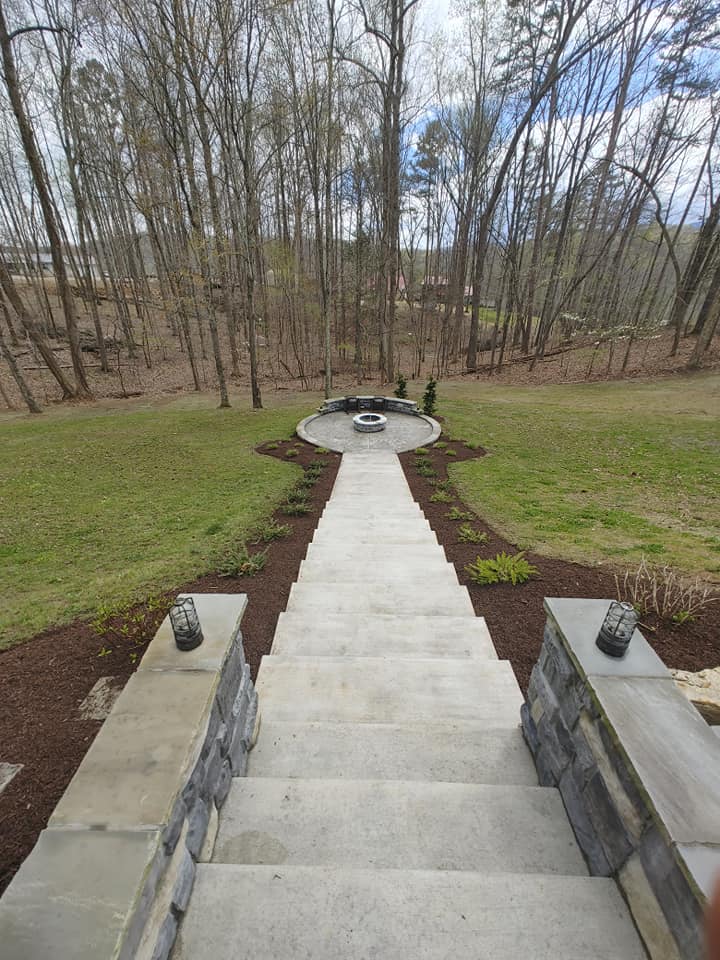
The Ultimate Guide to Choosing the Best Mulch for Your Landscape Oct 02, 2025
When it comes to mulching, there are a plethora of options available, each with its unique advantages and considerations. Organic mulches, such as wood chips or bark, offer benefits like improved soil quality and microbial activity. These types of mulch decompose over time, providing essential nutrients to the plants. Inorganic mulches, such as stones or gravel, add a clean aesthetic and are excellent for long-term use, as they do not decompose.
One key factor in selecting mulch is understanding your landscape's needs. Consider the specific requirements of your plants. Organic mulches, like shredded bark or pine needles, are ideal for flower beds that benefit from added nutrients and soil temperature regulation. In contrast, inorganic options like river rocks and stones are better suited for areas where drainage and weight balance are priorities, such as driveways or garden pathways.
The climate also plays a significant role in determining the ideal mulch. In warm climates, light-colored inorganic mulches like stones can reflect sunlight, helping to moderate soil temperature. Conversely, in cooler climates, dark organic mulches can help retain heat, extending the growing season for your plants. Understanding your local weather patterns will aid in selecting the mulch that best meets your landscape's needs.
The aesthetic appeal of mulch cannot be overlooked. Mulch is an excellent tool for tying the visual elements of your landscape together. Mulch color options range from natural, earth-toned shredded bark to vibrant dyed varieties that add pops of color to your garden. Consider the colors of your home and existing flora when selecting your mulch for an optimal aesthetic result.
Maintenance requirements should also inform your decision. Organic mulch requires periodic replenishment as it decomposes, which can improve soil health but increase ongoing workload. In contrast, inorganic mulches like stone or gravel are low-maintenance, making them a favorable choice for homeowners looking to reduce the time spent on garden upkeep.
Cost is another consideration. Organic mulches can be more affordable upfront, but the need for regular replacement may increase long-term expenses. Inorganic options may involve a higher initial investment but are generally more cost-effective over time given their durability.
As you contemplate the best mulch for your landscape, remember that the team at Lafollette Mulch, Stone and Lawn Care is here to support your journey to creating a vibrant and sustainable garden. Our experts can provide tailored advice to help select the mulch that aligns with your specific needs and goals, ensuring that your landscape not only looks great but thrives season after season.
In conclusion, selecting the right mulch involves considering several factors, from the type and needs of your plants to climate and aesthetic preferences. By thoughtfully choosing the type of mulch that best fits your landscape, you can enhance your garden's appearance and contribute to its long-term health. With the help of professionals like Lafollette Mulch, Stone and Lawn Care, you can achieve a lush, inviting outdoor space.
/filters:no_upscale()/filters:format(webp)/media/eafb24f8-57ac-4ab0-b857-5b888ad8bab8.jpg)
/filters:no_upscale()/filters:format(webp)/media/bbc10fb6-2f7e-4271-9ae3-ad9b529b4329.jpeg)